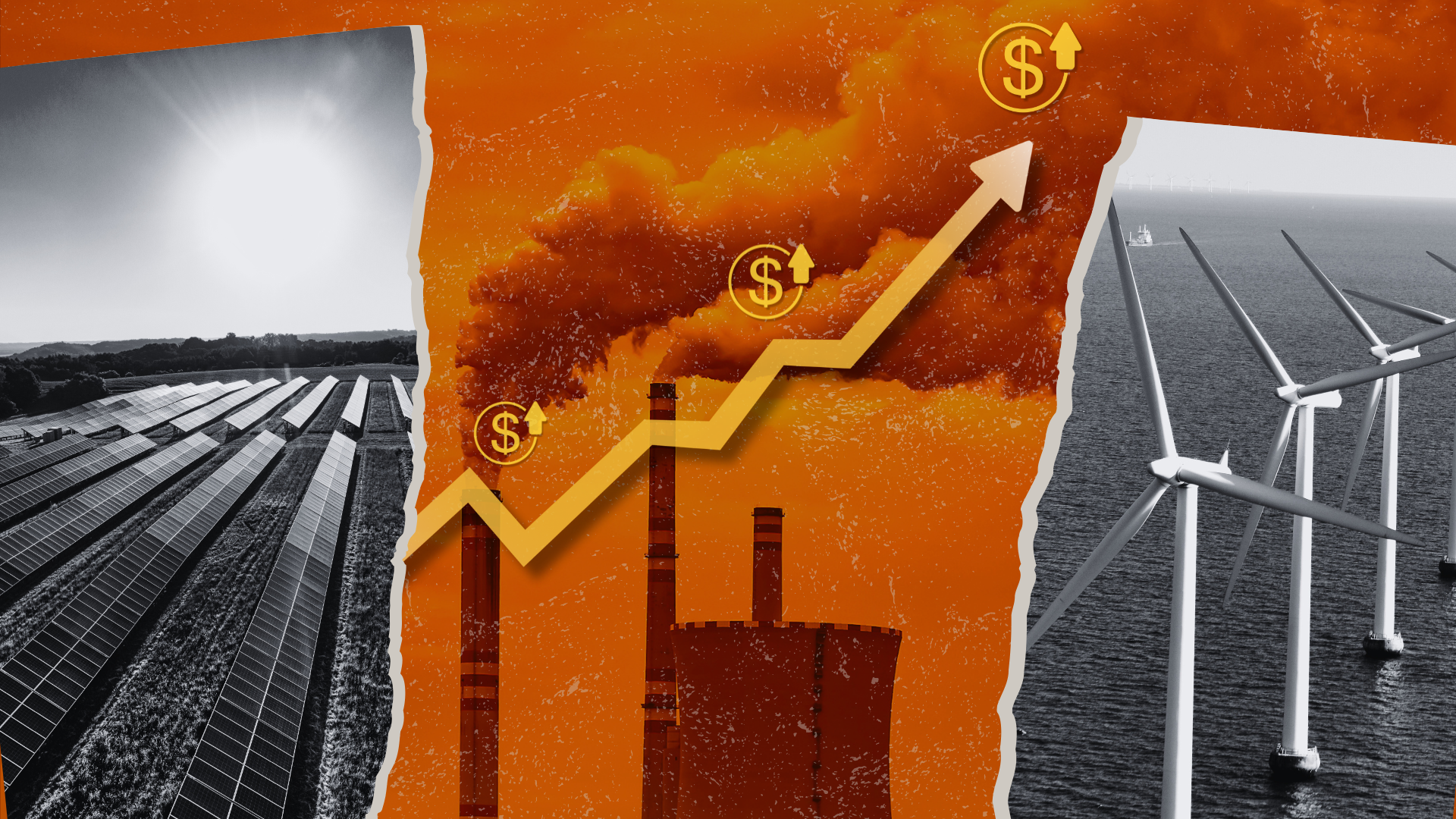CDC Says Climate Change Threatens Public Health
 This post is by Sheryl Canter, an online writer and editorial manager at Environmental Defense Fund.
This post is by Sheryl Canter, an online writer and editorial manager at Environmental Defense Fund.
At a congressional hearing on Wednesday, Howard Frumkin, a senior official at the Centers for Disease Control and Prevention (CDC), said there was strong scientific evidence of major health problems due to climate change in the next few decades, including:
- Heat waves that put children and the elderly at risk
- Danger of droughts and floods from extreme weather
- Increased food-borne and water-borne infectious diseases
- Worsened air pollution due to higher temperatures
- Migration into new areas of vector-borne diseases like malaria
At least he got to say it. Last October, CDC testimony on the health risks from global warming was censored by the White House.
Rep. Hilda Solis (D-Calif), who chaired the hearing, said she suspected that "a layer of screening" continues to limit what CDC officials are allowed to say.
While insisting that CDC had no position on EPA’s pending regulatory decisions, Frumpkin said, "…there is strong evidence that carbon dioxide is a greenhouse gas … and there is strong evidence that climate change affects public health in many ways."













3 Comments
I recommend Stanford Professor Mark Z. Jacobson’s excellent work, in general:
http://www.stanford.edu/group/efmh/jacobson/
and specifically, here is his testimony on April 9 to the US House of Representatives:
http://www.stanford.edu/group/efmh/jacobson/040908_testimony.htm
“I will discuss the scientific findings on the effects of carbon dioxide, emitted during fossil-fuel combustion in California, the U.S. and the world, on air pollution and health in California relative to the U.S.”
See “Results from the studies and analyses area as follows:”
basically, more CO2 hurts CA health worse than it hurts most states.
This is based on Jacobson(2008) in Geophyiscal Research Leters,
“On the causal link between carbon dioxide and air pollution mortality.”
Is it true that CO2, per se’, is not a pollutant, but too much of it is? After all, we all breath out CO2 every time we breath (one pound a day) and trees give off CO2 when they lose their leaves naturally, as do volcanos and other natural forces. The ‘pollution’ comes from the fact that we’re releasing too much of it. Is this correct? If any CO2 is labeled as a pollutant regardless of how little is released (i.e., breathing out), then every living creature would be a source of pollution.
I’m just saying that autos and industry are not the only sources of CO2. How are we going to cap dead-leaf CO2 or volcano CO2? Is the CO2 released by power plants and autos the same as CO2 released by me when I breath? Are these proposed caps only going to apply to industrial CO2 then?
I can see potential problems of caping ALL CO2 from ALL sources. This could someday translate into allowing only one child per family because the carbon footprint would be too high if you had 2 or 3 children. Am I being too theoretical?
Yes, we need caps on greenhouse gases, but to me it’s not that clear-cut what sources to cap.
Where did you get your PhD?